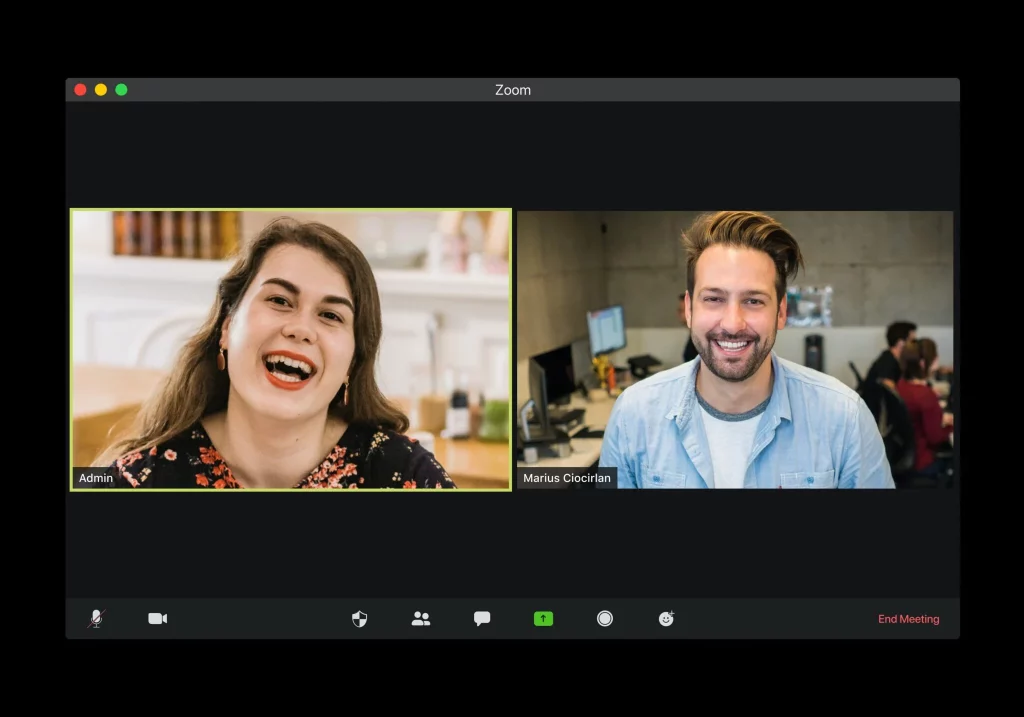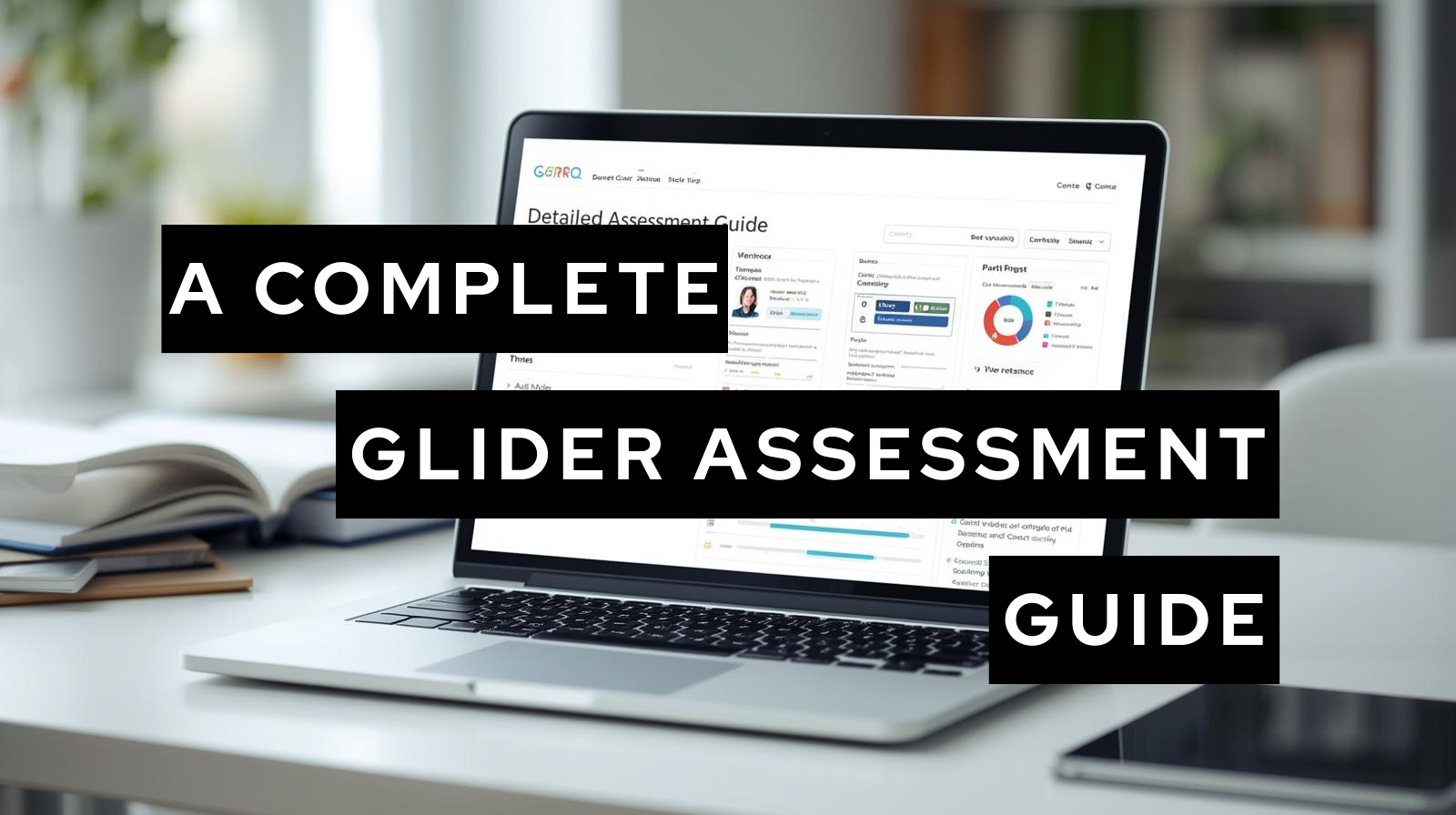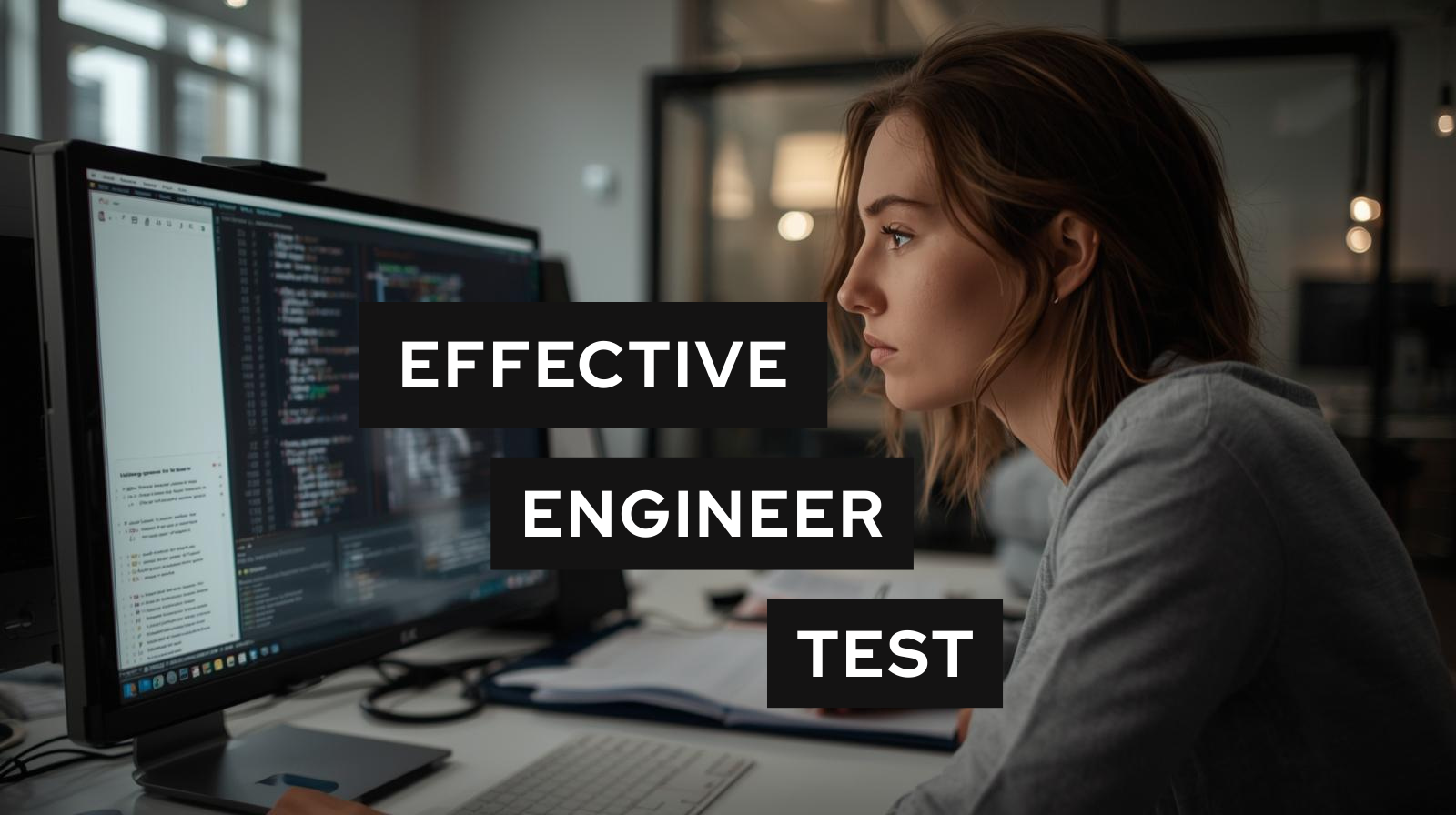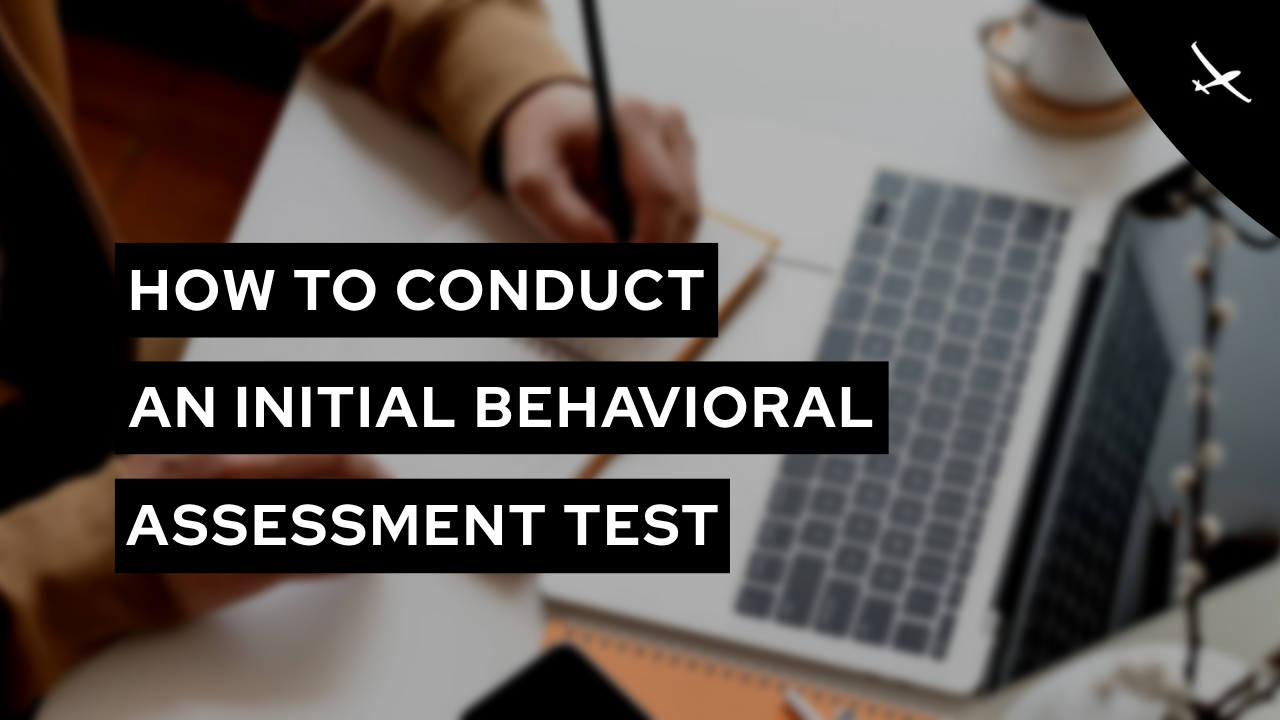
Make talent quality your leading analytic with skills-based hiring solution.

‘Interview‘- the face-to-face conversation between the candidate and the interviewer is the basic understanding that we have regarding interviews. But, traditional interviews are a thing of the past and paved the way for a new form of interview called the ‘one-way video interviews‘.
The newest trend in interviews is the ‘one-way video interview’. One-way video interviews are performed asynchronously, offering flexibility and convenience to candidates and the interviewing team. In this blog, we’ll cover everything you need to know about one-way video interview.
A technology-enabled interview mode where the candidate answers preset questions by the interviewer. A one-way video interview can be done as a replacement for the phone screening and is typically performed during the initial phase of the interview process. One-way video interviews are fast-paced and more productive compared to traditional interviews. Candidates can provide the answers through their smartphones, tablets, or laptops at any time.
The interviewer sets questions as required in text, audio-only, or video formats for the candidate to answer. The recruiter provides a link to the interview through an email to the candidate and the candidate can provide answers within the deadline. In this mode, the interviewer can invite a large number of candidates according to the preferred schedule. Once the candidate’s response gets recorded, it gets sent to the recruiter’s inbox without any hassle for the review.
A one-way video interview is generally carried out by recruiters in the following format:
Practice Interview: This is the testing phase where the candidate can experience a trial of the actual one-way interview. This phase is provided by most companies for the candidates to get accustomed to the interview process.
The practice phase lets the candidate fix the equipment according to the needs of the interview. It gives the candidate a view of the real one-way interview.
Actual Interview: This is the phase where the interviewer posts the questions as per the requirements so that the candidate can answer them. Some companies let the candidates re-record the answers but it depends. Some questions may have a time limit while others may not. In most cases, the candidates get a 60-second window to provide the answer to a single question.
The candidate may review the response before advancing to the next question, but that feature depends on the recruiter to provide.

Traditional video interviews are real-time conversations where you and the candidate interact directly. They’re similar to in-person interviews but are done over video conferencing platforms like Zoom or on platforms that assist recruiters like Glider AI. This format lets you engage in live and interactive dialogues with candidates. You and an applicant can see and respond to each other in real time, which means you can ask follow-up questions based on their responses, observe their reactions, and tailor the conversation flow as the interaction progresses.
On the other hand, a one-way video interview format offers a refreshing change—it’s unilateral. It provides applicants with a set of predetermined questions to which they can record and send their responses at their convenience. This method allows applicants to choose when and where to complete the interview, offering flexibility for those juggling busy schedules and applicants in different time zones.
Why do employers use one-way video interviews? The answer is they come with a lot of perks. Let’s count them down.
Well, everything comes with the good and the bad. One-way video interview too has some cons related to it.
One-way video interviews are an effective tool to streamline the screening and hiring process. By understanding the advantages and disadvantages, carefully tailoring interview questions, and providing clear instructions, organizations can effectively utilize this format to find suitable talent for their open positions.

The Glider assessment suite gives hiring teams a structured and reliable way to evaluate skills across technical, functional, behavioral, and coding domains. With a focus on accuracy and fairness, Glider AI helps recruiters identify talent with confidence while creating a clear and supportive experience for candidates. This guide outlines each part of the Glider assessment […]

Engineering roles stay open longer than almost any other position. You know the pattern: a req opens, applications flood in, resumes get reviewed, phone screens happen, and then the pipeline stalls. Candidates who looked strong on paper can’t solve basic problems. Others talk a good game but can’t write functional code. By the time you […]

Hiring behavioral consultants can be challenging. Organizations often rely on resumes and interviews to gauge skills, but these methods rarely reveal how a candidate will perform in real-world scenarios. Misjudging traits like problem-solving, adaptability, and interpersonal skills can lead to mis-hires, wasted training efforts, and lower team productivity. How to Conduct a Initial Behavioral Assessment […]